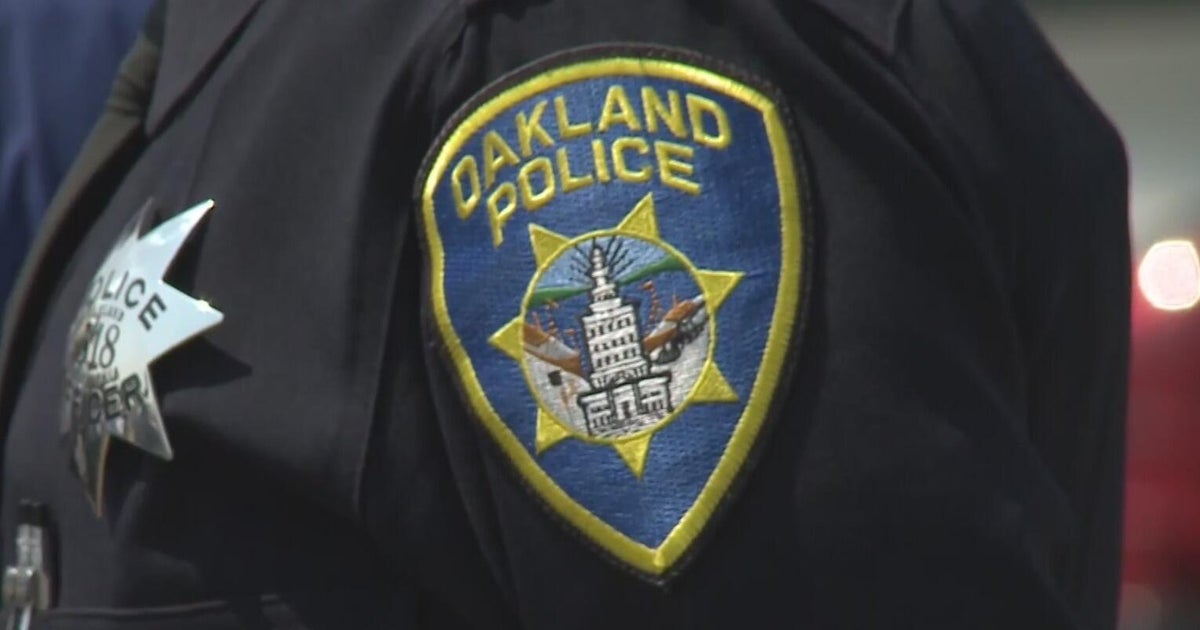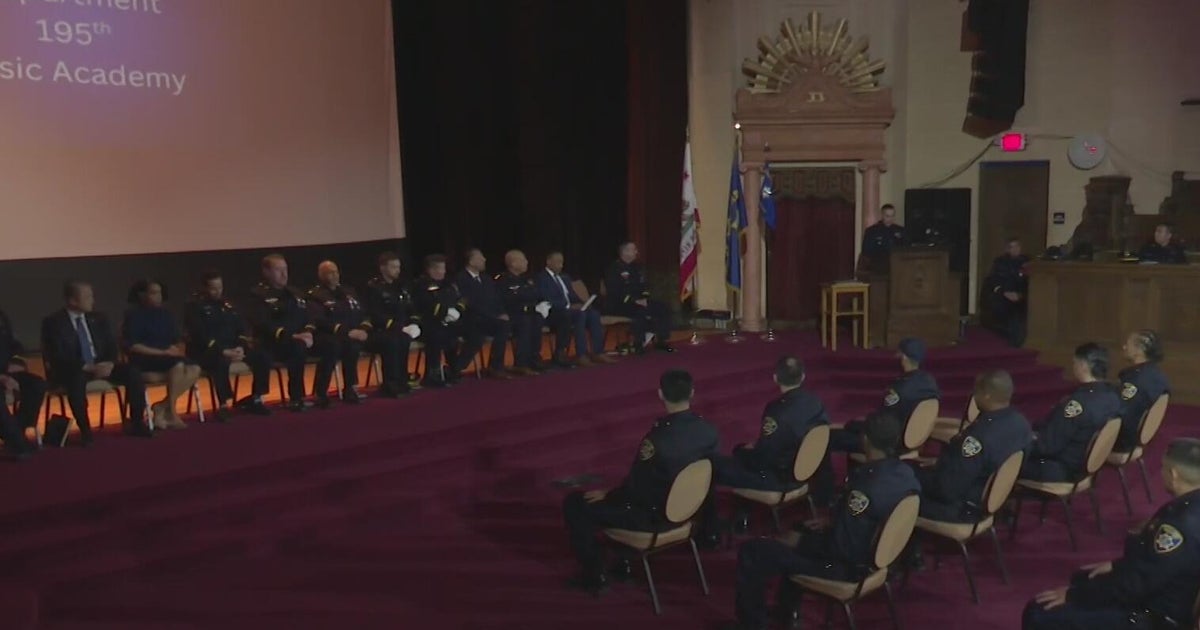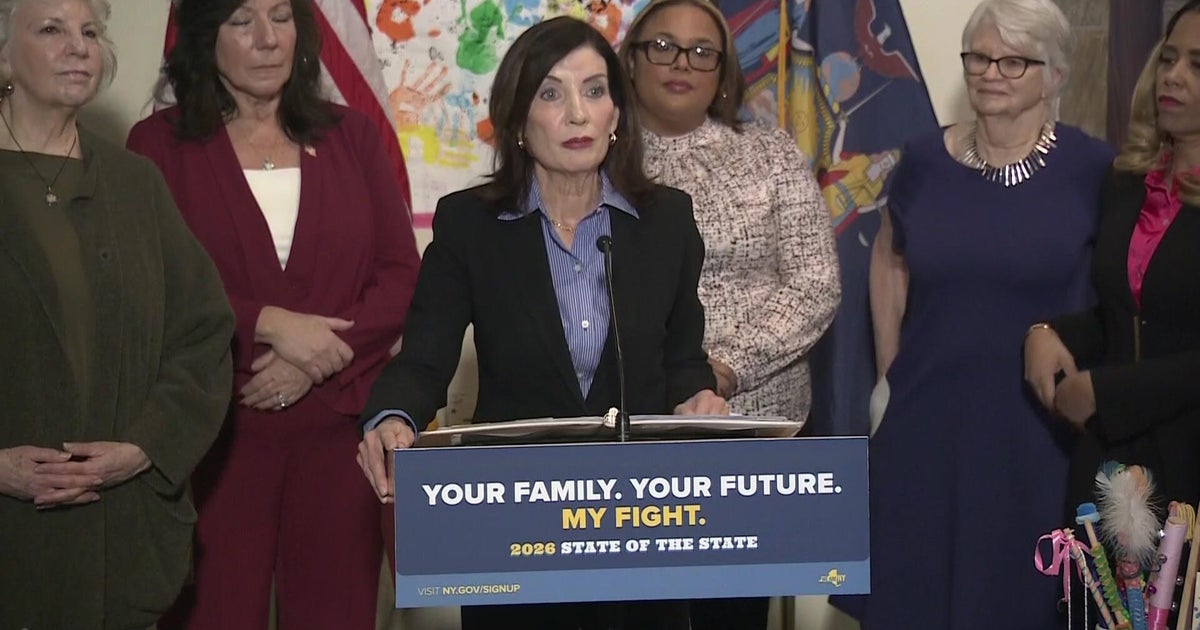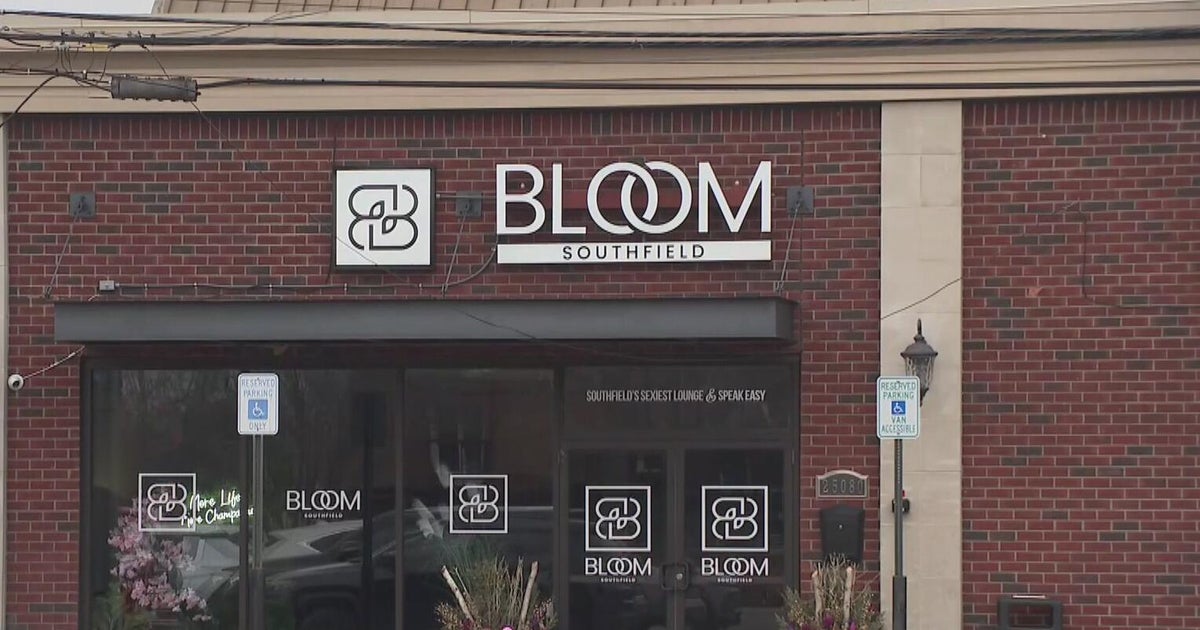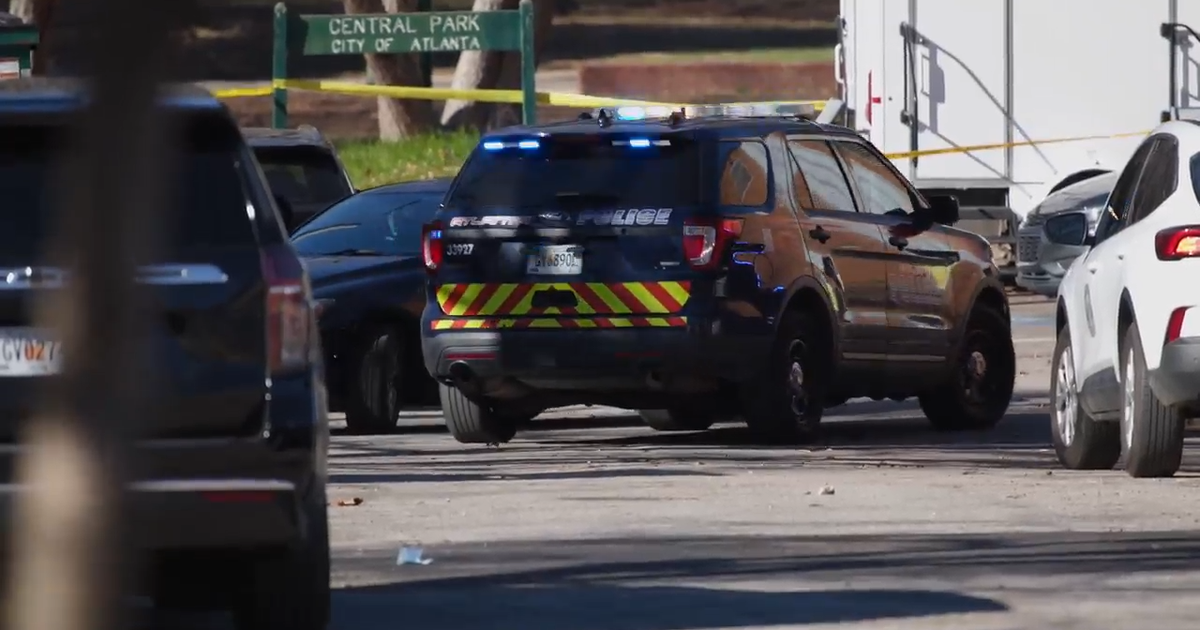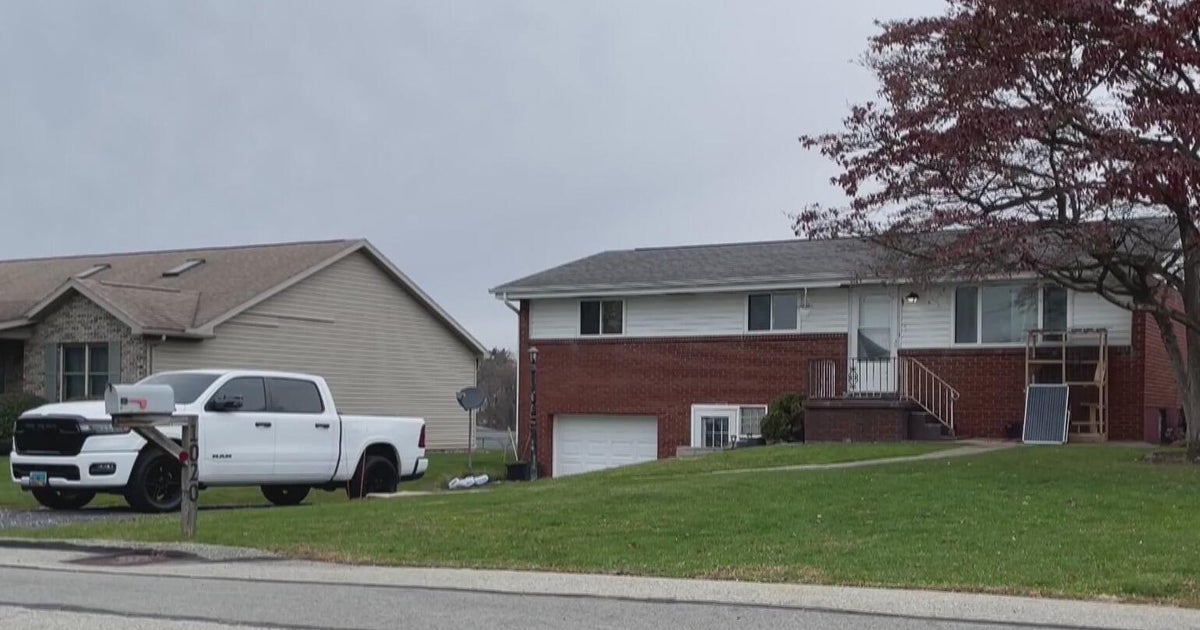OPD Chief LeRonne Armstrong Rips City Council Cuts In Police Funding; 'We Find Ourselves In A Crisis'
OAKLAND (CBS SF) -- Oakland Police Chief LeRonne Armstrong strongly criticized proposed funding cuts to his department Monday in the wake of four weekend slayings and a shooting officers responded to just moments before he began his news conference.
Oakland has had 65 homicides so far this year -- three people died on Friday and a fourth on Saturday. The number of victims lost on Oakland streets to deadly violence has increased a stunning 90% over what it was at this time just a year ago.
On Thursday, the Oakland City Council passed a budget that redirects more than $17 million away from the police department to pay for social service programs over the next two years.
"Today, we find ourselves in a crisis," Armstrong said. "We find ourselves reeling from a weekend of violence where we have seen four homicides over a three-day period ... Our shootings are up over 70% compared to last year. Our robberies are up 11% this year. There's been 1,300 robberies in this city already this year."
"Our carjackings are up nearly 88%. So we see clearly that crime is out of control in the city of Oakland and our response was for less police resources. When City Council members, the majority have voted to defund this police department, that additional $17 million that was reduced from the police department's budget will have an impact."
Oakland Police Officers Association president Barry Donelan estimated the budget cuts would mean that about 50 vacant officer positions will no longer be filled.
"When you hear the statements from those that say nothing will change - that is not true," Armstrong said. "Yes, it will. The impact will be immediate. Slower response time to emergency calls for service. The 911 surge units that were used to respond to violent crime, used to respond to community members calls to our 911 system, will have less resources. Less officers responding."
Armstrong said his department is already being overwhelmed by the volume of 911 calls with its current staffing levels.
"We already have a tough time responding to the high number of calls that we get," he told reporters. "This will make it tougher."
Armstrong, citing two fatal collisions over the last 48 hours, also warned that traffic enforcement will take a backseat to responding to violent crime.
He said there were currently 714 officers in a force protecting a city of over 420,000 residents, but the numbers are shrinking with 5.5 officers leaving the department each month.
"Our department is not growing, it is shrinking," Armstrong said, adding the department will be below 700 officers by December.
Council members Nikki Fortunato Bas and Carroll Fife spearheaded the push to defund the Oakland Police Department with the amended budget vote.
"We can make adjustments if we need to but, right now, we have to focus on our violence prevention, affordable housing, our homeless populations and that's what this budget helps us move forward and do," said councilmember Dan Kalb when the measure passed by a 7-2 margin.
Oakland Mayor Libby Schaaf released a statement voicing her opposition to the revised budget and the police department cuts.
"Unfortunately, it [the budget] also cuts 50 police officers who respond to Oaklanders' 911 calls and enforce traffic safety. It also cuts much-needed future academies, which will significantly reduce police staffing and delay response to Oaklanders in their time of crisis," Schaaf's statement read in part. "It will force our officers to work even more overtime shifts, which are expensive and unsafe for officers and residents alike."
A number of activist groups including Anti Police-Terror Project have applauded the reallocation of funds.
"This historic budget ensures a comprehensive audit of the Oakland Police Department and a thorough examination of positions that could be civilianized, moved out of OPD or a combination of the two," the group said in a released statement.
Following the murder of George Floyd by police in Minneapolis last year, many people in Oakland have been demanding that Oakland officials redirect a large part the city's police budget to alternative public safety measures.
The more than $17 million that the City Council budget team would redirect to the Department of Violence Prevention doubles that department's budget. It would also quadruple the amount the city allocates to the department from the general fund.
The added money would employ violence interrupters and community ambassadors in flatland neighborhoods.
"With increased violence across Oakland, council must act by addressing the roots of violence and poverty," Bas said.
The cuts were proposed as a way to put more money into crime prevention and non-police response to calls. The plan is to deploy teams of trained crisis workers to de-escalate situations instead of sending armed officers. On a downtown street, that seemed like a good idea to Jadonna Williams.
"People need the social services," she said. "So now, people are going to be getting the help they need. And I think, with that, you wouldn't need all that big budget for police."
But Councilmember Loren Taylor, who voted against the de-funding, fears those teams won't be up and running by the time the cuts will take place.
"The question is how we transition to that point," he said, "and if it's not going to be in place, or we're not sure that it will be in place in a reasonable timeframe, we shouldn't be betting the farm on that."
Taylor thinks that could leave the most violence-plagued neighborhoods in town with even less protection than they have now. Resident Jarret Whitmore agreed.
"I think it's a good idea in the future. I don't think it 's a good idea right now, based on the level of hostility and violence going on in the city," he said. "I can fully imagine what it would be like without cops and I don't really want to live in cowboy days anymore."
But Justin Brice summed up the feelings of a lot of residents. As a young African-American living in Oakland, he doesn't want fewer officers, he just wants them to be more respectful of the black community.
"…not just power over somebody else…helping people, you know?" said Brice. "That's what they're here for, and to protect."
But does he think that's what's happening now?
"Uh…no," he said, "I can't say yes. I don't think so."
